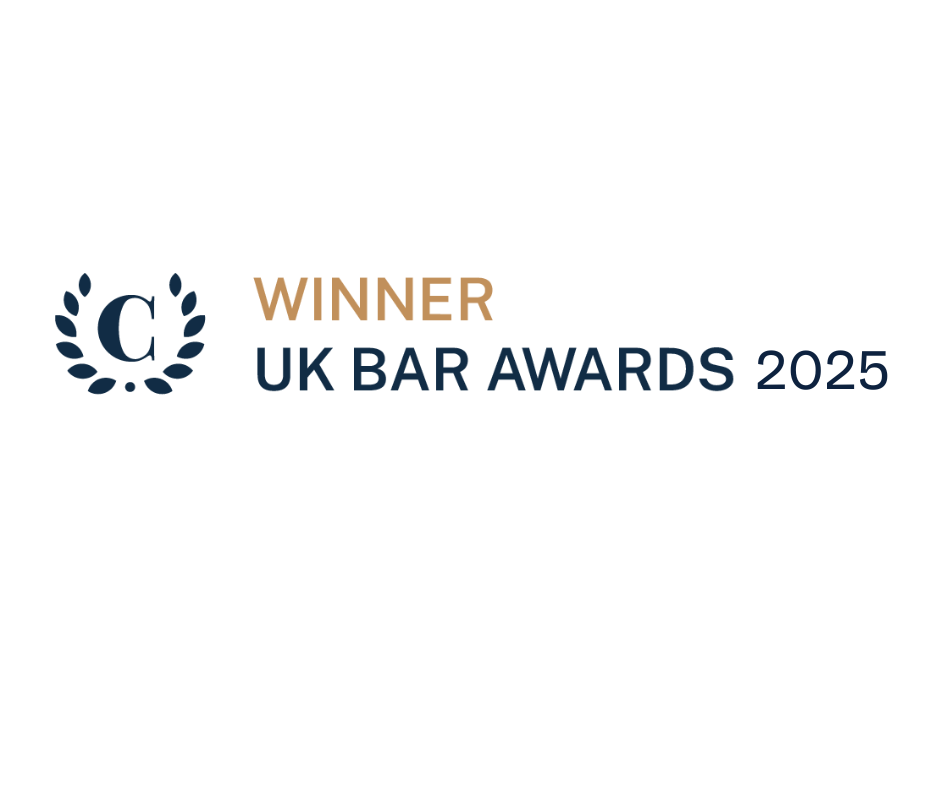The Court agreed with the Trustee that the First Defendant, who is the partner of the bankrupt, had no standing to challenge the Trustee’s recognition, and that in any event the current claim concerning the beneficial ownership of a share transferred to the First Defendant was not the correct forum in which such a challenge could be made. The Court also agreed that the First Defendant’s allegation of collateral purpose had no real prospects of success it being common ground that even where a claimant has two purposes, the dominant of which is illegitimate, there will be no abuse of process. The Judge accepted the Trustee’s evidence that she was pursing the claim against the First Defendant for the purpose of collecting assets in the continuing bankruptcy which was recognised as undoubtedly a proper purpose.
The judgment is also worth a read for its spin on the recent Court of Appeal decision in Mints v PJSC National Bank Trust [2023] EWCA 1132 (which now has permission to appeal to the Supreme Court) with regards to the effect of the sanctions regime on proceedings before the English courts and the ability to enter judgment, and also for the discussion on the doctrine of Champerty and Maintenance in the context of litigation funding.



![New Judgment: Re Argentex LLP [2025] EWHC 3125 (Ch)](https://southsquare.com/wp-content/uploads/2025/06/alejandro-pohlenz-gYbOFTwcJx4-unsplash-scaled.jpg)

![New Privy Council Judgment: Aquapoint LP (in Official Liquidation) v Xiaohu Fan [2025] UKPC 56](https://southsquare.com/wp-content/uploads/2025/05/tingey-injury-law-firm-yCdPU73kGSc-unsplash-scaled-e1748423842544.jpg)

![New Supreme Court judgment: Mitchell v Al Jaber [2025] UKSC 43](https://southsquare.com/wp-content/uploads/2023/07/AdobeStock_334844505-scaled-e1691401199932.jpeg)
![New judgment: Sentinel Broadcast (in administration) v Lloyds Bank [2025] EWHC 3036 (Comm)](https://southsquare.com/wp-content/uploads/2025/06/alejandro-pohlenz-gYbOFTwcJx4-unsplash-scaled.jpg)
































